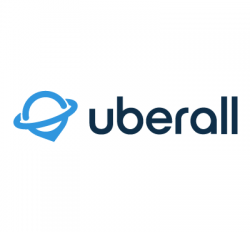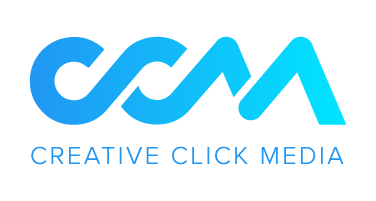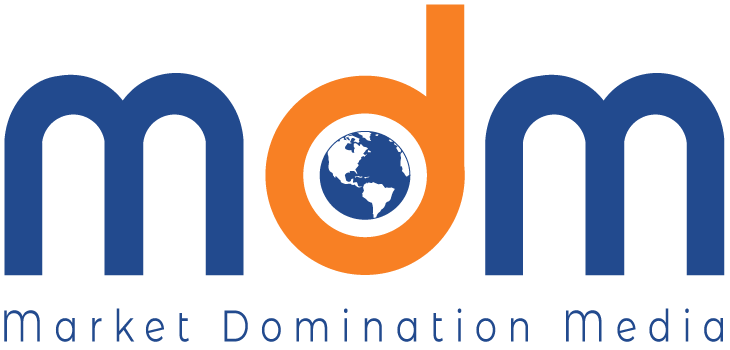In working with many different clients across a wide variety of websites, we’ve noticed that search engine optimization (SEO) tends to be a secondary consideration. We often find ourselves working backwards forensically to optimize existing sites who either left SEO for last, or never considered it at all. That’s why at 9Sail we focus on helping developers with new website optimization projects, as well as site relaunches, to ensure that SEO is part of the equation from the very start, and that new sites are 100% optimized upon launch.
What Is Website Optimization?
Website optimization is the process of making sure that every element of a website performs at the highest possible level. This means optimizing your website performance to drive organic and paid traffic from search engines, enhance usability, improve organizational hierarchy and content quality, and ultimately to increase sales, since good SEO and conversion rates are inextricably linked.
Each site may have specific metrics or key performance indicators (KPIs) that you want to optimize for, such as organic traffic or goal completions, which will help guide and prioritize optimization efforts. But the main goal of any site optimization is to ensure a smooth user experience from start to finish.
Your website is often a customer’s first point of contact with your company or brand, and a good experience on your site will keep them coming back again and again. The site should be well organized, easy to use, functional, and fast. Broken links, slow-loading pages, confusing or inaccurate content, or a bumpy order flow – any of these can lead a user to throw up their hands and leave your site in frustration.
Knowing Which Parts of a Website Should Be Optimized
When beginning any new website optimization project, it’s not always obvious what the priorities should be. That’s why we start with website optimization tools like Google Analytics and Google Search Console to get an idea of how your current or former website has been performing. We analyze long-term trends in search performance, user metrics like session duration, bounce rate, or pages per session, and URL data like top landing pages and click-through rate (CTR), in order to gain a holistic view of each site and determine where to focus our efforts.
After that more subjective analysis, it’s time to get specific. Using technical SEO tools like Screaming Frog, as well as comprehensive search optimization platforms like Ahrefs, SEMrush, Moz, and others, we run a complete audit of the site to find out where it is performing well, areas for improvement, and any technical errors that can be quickly corrected. When auditing an existing website, or one still under development, we dig deep to find every opportunity for optimization, including:
-
- Meta tags – Ensuring that all pages have complete, keyword-optimized page titles, meta descriptions, alt tags, etc.
- Broken links – This could include image links as well as contextual links, either to internal pages or other websites
- 301 and other redirects – Keeping the number of redirected pages on your site to a minimum
- 404 and other errors – Identifying and redirecting URLs which lead to pages that no longer exist, have moved, or cannot be accessed
- Page speed – Evaluating how fast specific pages and your site as a whole are loading and becoming interactive, especially for mobile users
- And much more…
For a completely new site, it can be difficult to gauge keyword or URL performance, since there is no historical data to base the analysis on. Instead, we help you identify sites that you will be competing with for search traffic using the keywords you want to target, analyze how they are using those keywords and other optimization factors, and leverage those insights to gain the advantage in search results.
The Role of Your SEO Team in Website Optimization
For a typical SEO campaign, it can take anywhere from three to six months for shifting trends in organic search performance to become obvious. By following stringent project management practices, your SEO team can map out tasks over time, not just to make sure that tasks are completed, but to give them the ability to change course if a given optimization project is not showing the desired results.
Setting Your Project Goals
Any SEO campaign, including new website optimization projects, are made up of a large number of tasks, including technical and content audits, keyword research, on-page optimization, content creation, link building, and more. Executing these tasks requires careful management of task hierarchies, and assessing expected effort & impact for each task.
User Experience
The role of a web designer is to create a basic framework for a website, to build out the backend technology that runs the site, and to create the design elements which will govern the look, feel, and functionality of the site. Our job as your SEO agency is to analyze these backend and frontend elements, and identify opportunities to improve site features like page speed, accessibility, and critical search ranking factors like indexability and crawlability.
Audience Growth
By identifying the best keywords for on-page optimization, helping to create and publish high-quality content like blog posts that speak to the kinds of users you want to attract, and identifying key technical issues that might prevent people from accessing that content, SEO has tremendous power to help any site build and grow its audience in a sustainable, ongoing way.
Data Protection
In today’s digital economy, data privacy and protecting your users’ information is paramount. Not only that, but according to the Society for Human Resources Management, more than 2,500 lawsuits were filed in federal court during 2020 for alleged website accessibility issues related to the Americans with Disabilities Act (ADA).
Site optimization can help protect you and your website from possible legal risks having to do with consumer rights, data protection, and accessibility, as well as ensuring compliance under legislation such as GDPR, CCPA, and guidelines like WCAG.
Benefits of New Website Optimization
The advantages of site optimization are many, but some of the most important benefits include:
- Increasing revenue by converting new qualified leads into paying customers
- Expanding brand awareness by connecting the right content with the right audience
- Growing your audience through increased organic search traffic
- Improving brand reputation through positive user experience
- Ensuring compliance with accessibility and data protection initiatives
Let 9Sail Guide Your New Website Optimization Projects
9Sail offers a custom-tailored approach to optimizing each new website, doing the hard work of auditing, SEO research, and content management, so that you can focus on what you do best. Many SEO agencies handle a tremendous number of customers, which makes it difficult for them to provide the boutique, personalized attention we give to our clients.
Find out how 9Sail can help with your new website optimization projects to improve performance across all KPIs. Contact us to schedule a consultation or learn more about our law firm SEO services.















